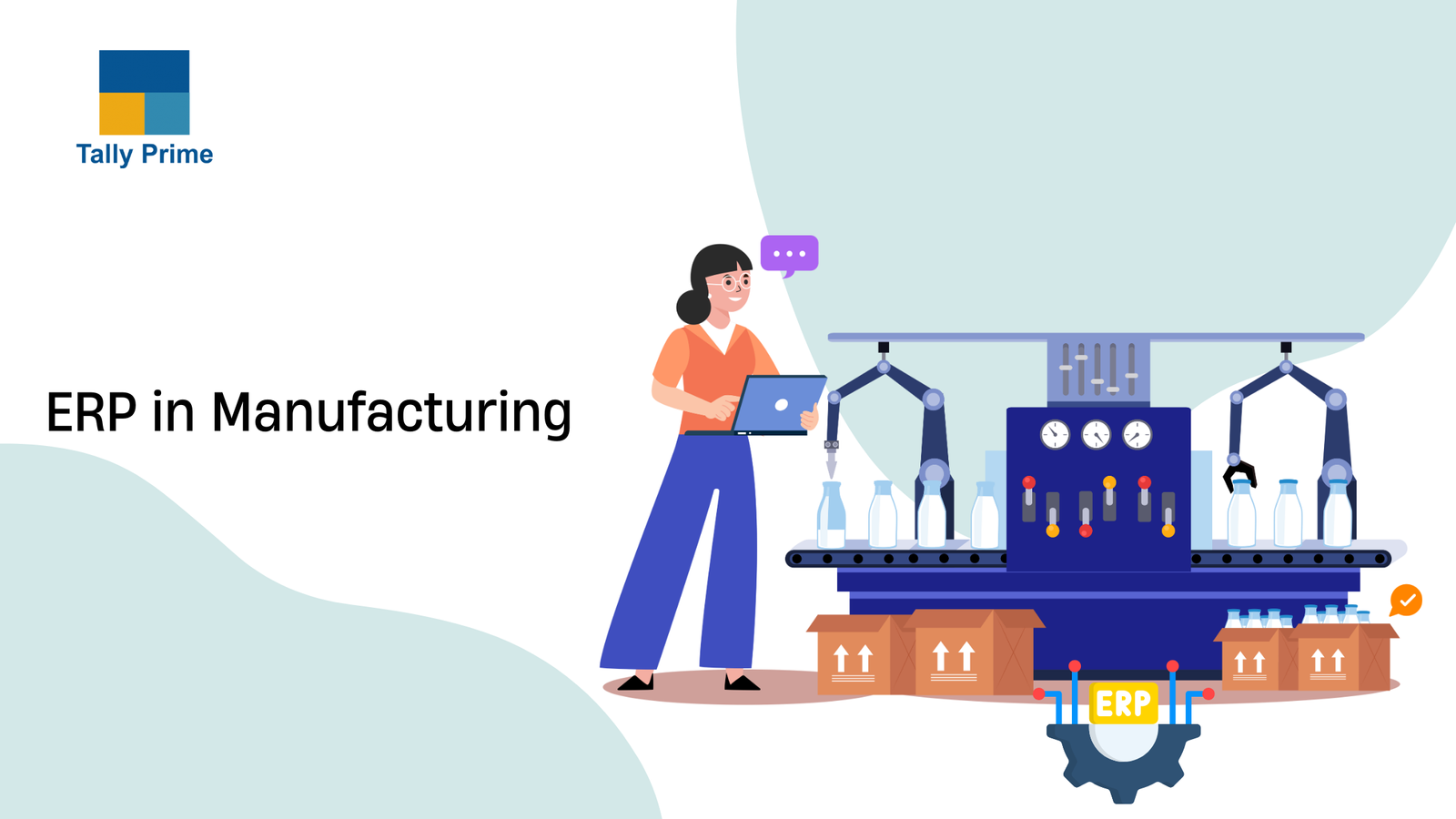I. Introduction
Enterprise Resource Planning (ERP) systems are integrated software solutions designed to manage and streamline core business processes across various departments, including manufacturing. They enhance operational efficiency by providing real-time data access, improving communication, and facilitating better resource management, ultimately driving productivity and profitability in the manufacturing sector.
Understanding the benefits of ERP implementation is crucial for manufacturers to make informed decisions. It enables them to assess how ERP can address specific operational challenges, enhance efficiency, and drive growth. This knowledge helps in selecting the right system, ensuring successful integration, and maximizing return on investment in the long run.
II. Real-time Access to Information
ERP systems centralize data from various departments, enabling real-time access to critical business information. This integration allows manufacturers to monitor production metrics, inventory levels, and financial performance instantly. As a result, decision-makers can respond swiftly to changes, optimize operations, and enhance overall efficiency, fostering a proactive business environment.
Real-time access to information through ERP systems significantly enhances decision-making and operational efficiency. By providing up-to-date data on inventory, production, and financials, managers can make informed choices quickly. This agility reduces delays, optimizes resource allocation, and fosters proactive problem-solving, ultimately leading to smoother operations and improved business outcomes.
III. Improved Communication and Collaboration
ERP systems enhance communication across departments by providing a centralized platform where all relevant data is accessible in real-time. This transparency fosters collaboration, reduces information silos, and ensures that teams—from production to sales—are aligned. Improved communication leads to quicker decision-making, more efficient workflows, and ultimately, a more cohesive organizational culture.
Sharing production-related data with internal and external stakeholders fosters transparency and collaboration. It enables teams to make informed decisions, align on goals, and respond quickly to changes. For suppliers and customers, access to real-time data enhances trust, improves supply chain efficiency, and ensures timely deliveries, ultimately boosting overall satisfaction and performance.
IV. Enhanced Inventory Management
ERP systems streamline inventory control and tracking by providing real-time visibility into stock levels, locations, and movements. They automate inventory management processes, such as reordering and tracking materials, reducing manual errors. This leads to optimized stock levels, minimized carrying costs, and improved accuracy in demand forecasting, enhancing overall operational efficiency.
Accurate demand planning is crucial for manufacturers as it ensures that production aligns with customer needs, reducing the risk of stock-outs. By forecasting demand effectively, businesses can maintain optimal inventory levels, enhance customer satisfaction through timely deliveries, and minimize excess stock, leading to cost savings and improved operational efficiency.
V. Better Production Planning and Scheduling
ERP systems optimize production schedules by integrating real-time data on inventory levels, machine availability, and workforce capacity. This enables manufacturers to create efficient, dynamic schedules that adapt to changing demands and resource constraints. By minimizing downtime and maximizing throughput, ERP enhances overall productivity and ensures timely order fulfillment.
The Master Production Schedule (MPS) plays a crucial role in manufacturing by outlining what products to produce, their quantities, and production timelines. It serves as a foundation for Material Requirements Planning (MRP), which determines the necessary materials based on the MPS, ensuring efficient resource allocation and timely production to meet customer demand.
VI. Increased Cost Efficiency
ERP systems enhance resource allocation by providing real-time data on inventory levels, production schedules, and workforce availability. This visibility allows manufacturers to optimize the use of materials and labor, minimize waste, and reduce excess inventory. Consequently, businesses can lower operational costs while maintaining efficiency and productivity across their operations.
ERP systems enable cost-saving measures by automating routine tasks, reducing manual errors, and optimizing resource allocation. They enhance inventory management, minimizing excess stock and waste, while improving production efficiency through better scheduling. Additionally, real-time data analytics allow for informed decision-making, ultimately lowering operational costs and increasing profitability.
VII. Automation of Business Processes
ERP systems automate repetitive tasks and workflows by integrating various business processes into a single platform. This reduces manual intervention in data entry, order processing, and reporting. Automation minimizes errors, enhances efficiency, and allows employees to focus on strategic activities, ultimately leading to improved productivity and streamlined operations within the manufacturing environment.
Reducing manual errors through ERP automation significantly enhances productivity by streamlining workflows and minimizing the need for repetitive tasks. This leads to more accurate data entry, fewer mistakes in production processes, and faster turnaround times. Ultimately, it allows employees to focus on higher-value activities, driving overall efficiency and operational excellence.
VIII. Conclusion
In conclusion, implementing ERP systems in manufacturing offers numerous benefits that significantly enhance operational efficiency and customer satisfaction. By providing real-time access to critical data, improving communication across departments, and automating key processes, ERP solutions empower manufacturers to streamline their operations.
This leads to better inventory management, optimized production planning, and ultimately, timely deliveries of high-quality products. As manufacturers navigate an increasingly competitive landscape, investing in ERP technology not only drives productivity but also fosters stronger relationships with customers, ensuring long-term success and growth in the industry.



